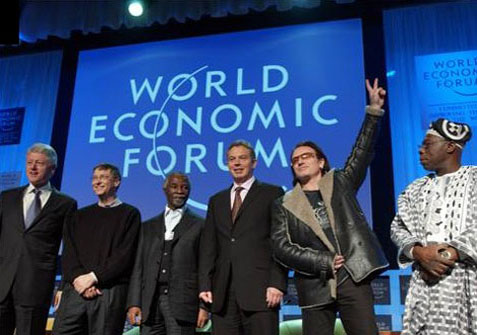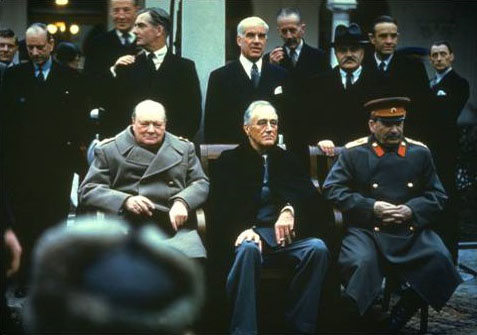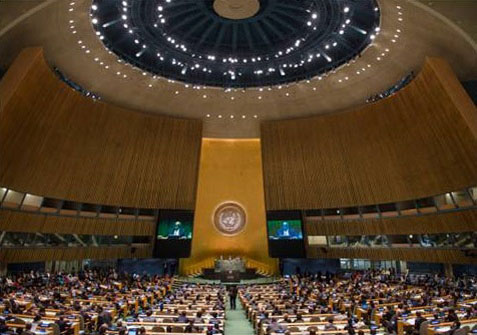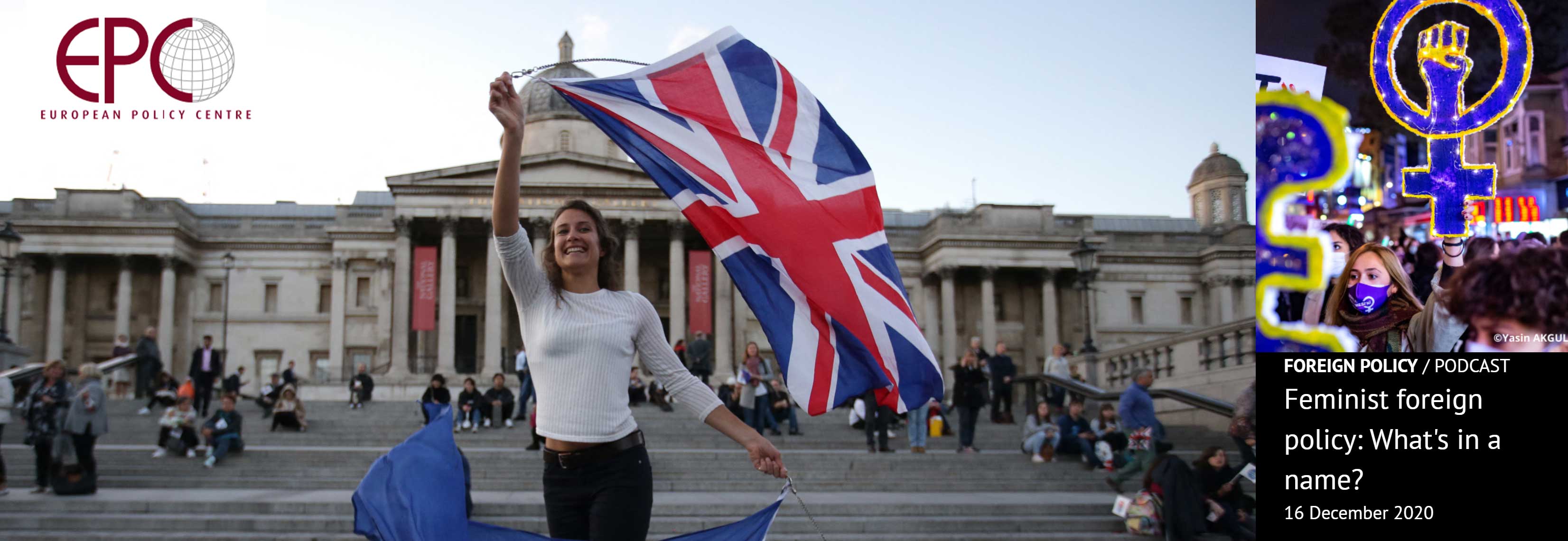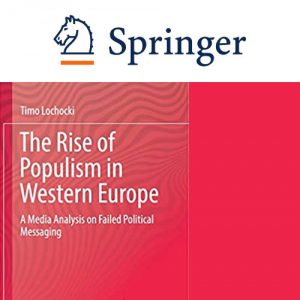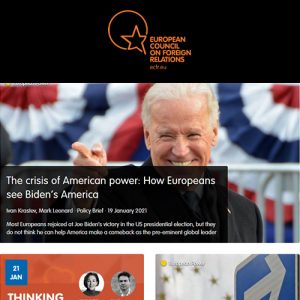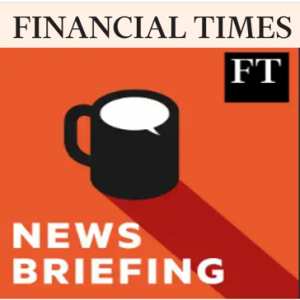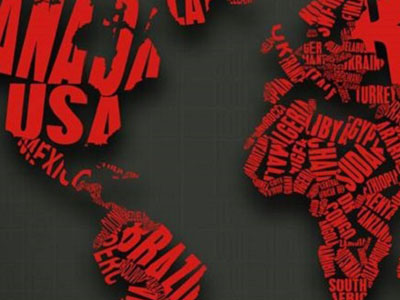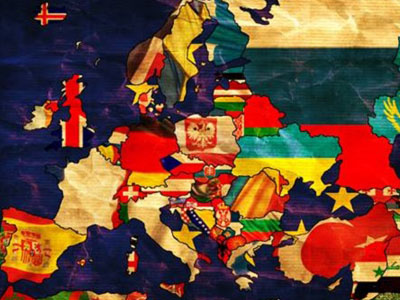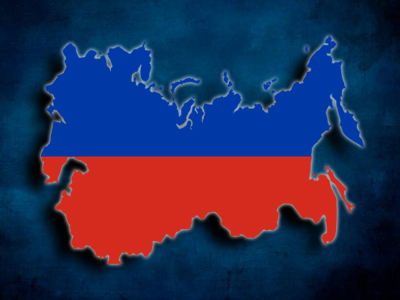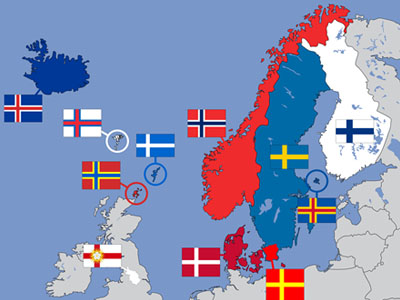The Rise of the Right in Germany
The Rise of the Right in Germany
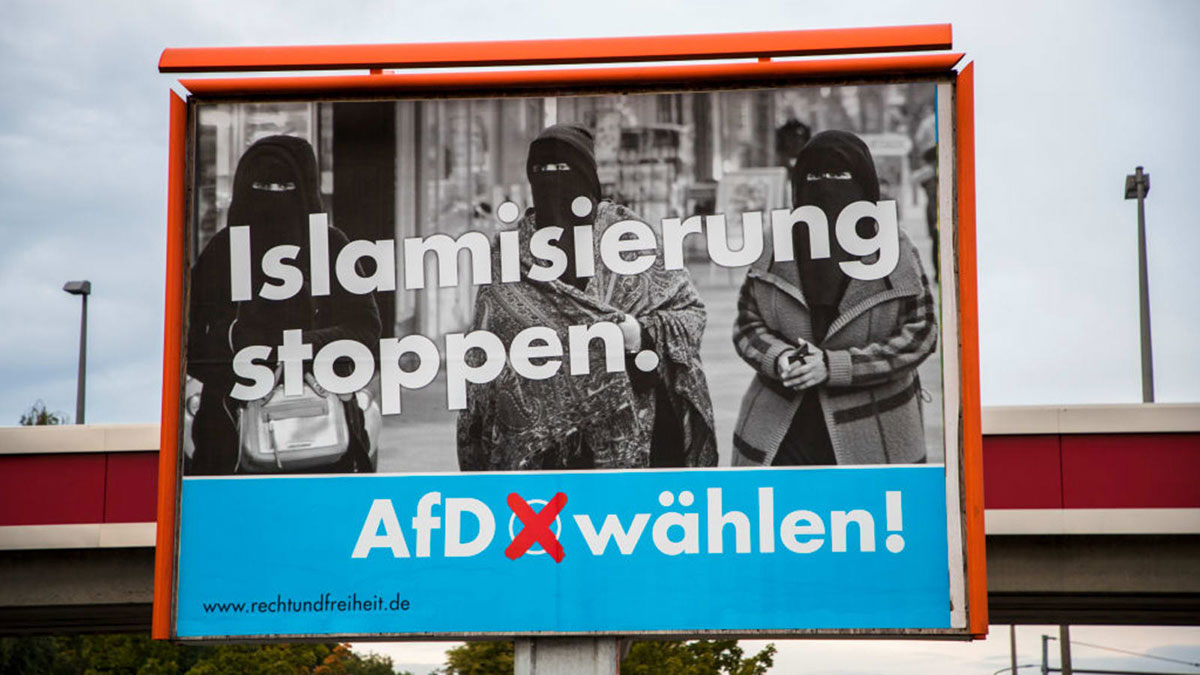

Written for JESPIONNE

Ingrun Von Holmes
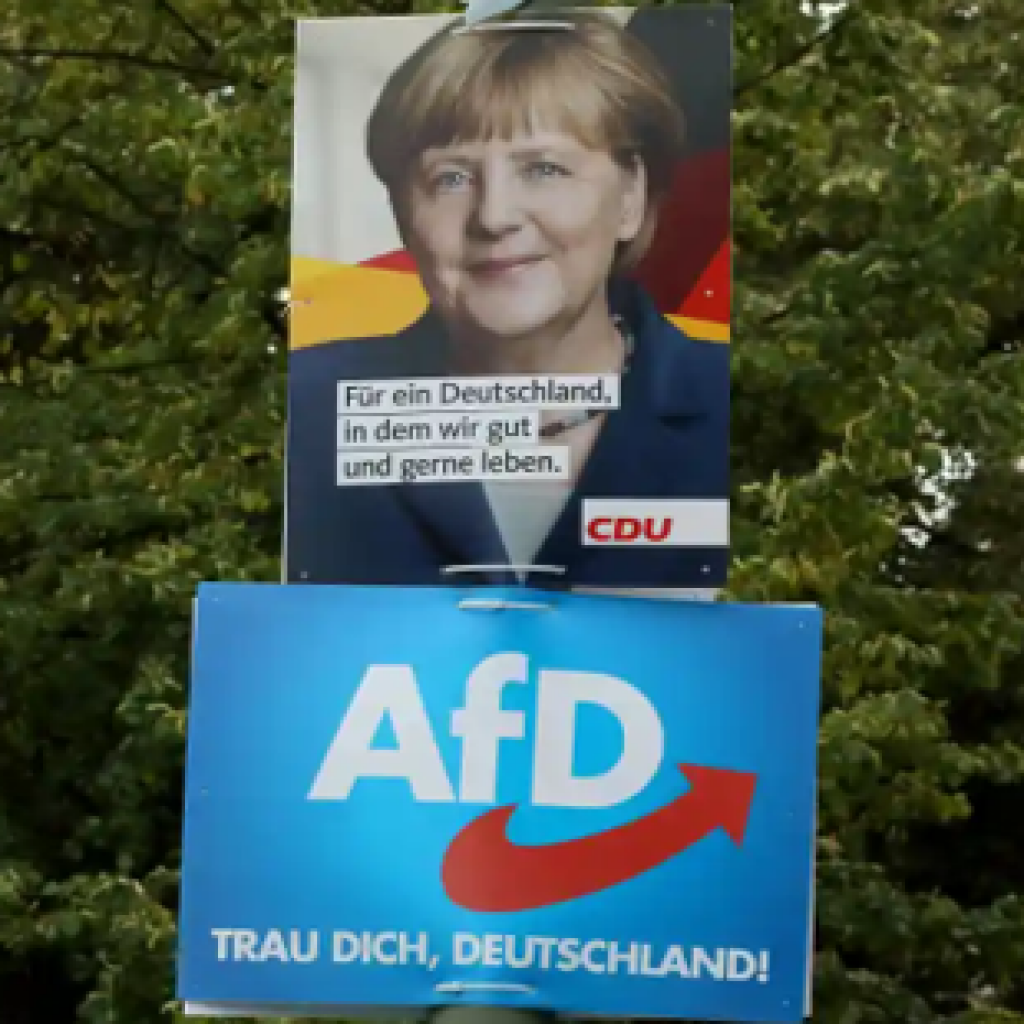
"G erman Chancellor Angela Merkel said in 2019 that the rise of the right wing in Germany must be taken ‘Very, very seriously.'"
– The Guardian

December 2020

Over the past decade there has been a spike in the popularity of populist parties across the world, both right and left wing. This has been well reported on, and has led to a few publications, such as the recently released 'War for Eternity' by Benjamin Teitelbaum. In this article I am going to delve into the reasons for this rise with a focus on Germany.
There are three factors that have had the biggest impact on German Right Wing Populist growth: the bailout of the Eurozone, high numbers of asylum seekers (after Merkel by-passed the Dublin protocol in 2015), and terror attacks such as that in Cologne 2016.
These three events have increased Euroscepticism and Islamophobia in Germany. This has not translated directly into the rise of populism in the country though. Instead, the policy shifts of the majority parties, the CDU (Christian Democratic Union of Germany) and CSU (Christian Social Union of Bavaria) coalition, guide the rises in more radical opinions brought to the forefront of politics.
This has been demonstrated by the growing support for the AfD party - Alternative for Germany. The primary policy changes supported by AfD are stronger border controls and less multiculturalism.
Johannes Greubel argues that it is the politicization of European issues that has led to a rise in discontent in Germany. The AfD being voted in meant that for the first time European policies were challenged by the public. Greubel believes that this came as a result of Germany's financial contributions to the EU, as well as the immigration policies, as mentioned above.
The agenda is dictated by public opinion it would seem, for example, if the left-wing Social Democrats are polling well then, the center right parties (the CDU/CSU) will drop their more conservative messages to pull in more voters. But when this happens, then the more radical right-wing groups, like the AfD party, and smaller groups, are mobilized.



After the 2008 financial crash southern EU countries, such as Greece, needed bailing out. This was dutifully done by the more affluent EU countries in the spirit of the European Union (or it could be that this defined the spirit of the EU). The need for the CDU/CSU to stay pro-European opened up space for criticism. The populist element of this is that the stronger the EU gets, the less power Germany has. This then becomes a threat to German sovereignty and national identity, which can drive populist ideologies, as people feel they are ruled by elites in the EU, rather than their elected Chancellor.
From 2012 Germany became the primary destination for asylum seekers in Europe, and in
2015 alone received 442,000 applications. This was the highest number of applications of any European country in the past 30 years. That year Germany accepted around 1 million refugees, in their push for a fair distribution around the EU, as Italy was being forced to take the majority. They did so by temporarily suspending the Dublin Protocol in an attempt to avert a humanitarian crisis from Syria, Iraq and Afghanistan. Angela Merkel has been accused of getting too close to the issue of immigration, and making rash decisions as a result. However, she has stood by the policy of letting in large numbers of refugees.
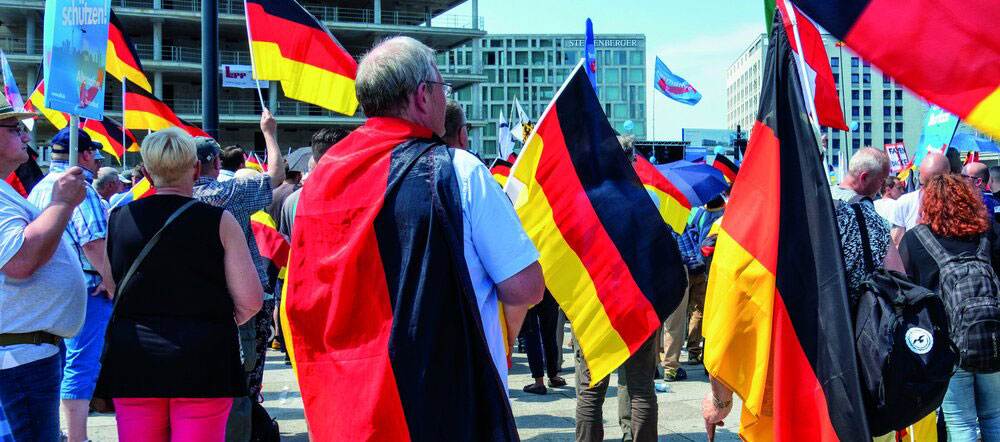


Although Germany has no link between the state and the church, the two leading parties, the CDU and CSU have Christian ideologies underpinning their beliefs. This is reflected in the religious make up of Germany with over 60% of Germans being Christian. Although this does not directly correlate with the rejection of other cultures and religions for most society, it has been used by radical right-wing thinkers and groups to reject multiculturalism.
Any preconceptions, or misconceptions people had about asylum seekers with Islamic and North African backgrounds were exaggerated after the Cologne attacks in 2016. This was when around 1000 men sexually assaulted women on the streets of Cologne during New Years festivities.
Reportedly most men that were part of this attack were of Arab or North African descent. Because it had been only a year before that the influx of asylum seekers had taken place, many
have seen this as a direct result of allowing in such large numbers. In interviews this has been referred to as an example of why there is a growing fear of different cultures.
This is not the only way in which Merkel's 2015 refugee policies could be seen to have led a rise from the right. The CSU confronted the CDU about the policies after there was a loss of support for the CSU. The struggle between the two parties is what kept the AfD alive. This is because when the two parties were fighting about their position the AfD were able to take a clearly defined stance, gaining them support for their decisiveness.
A similar story was seen in the 1990s, when the Social Democratic Party became more central, and led to the CDU/CSU dropping radical policies to become more politically central, which gave radical right-wing groups space to grow in supporters.
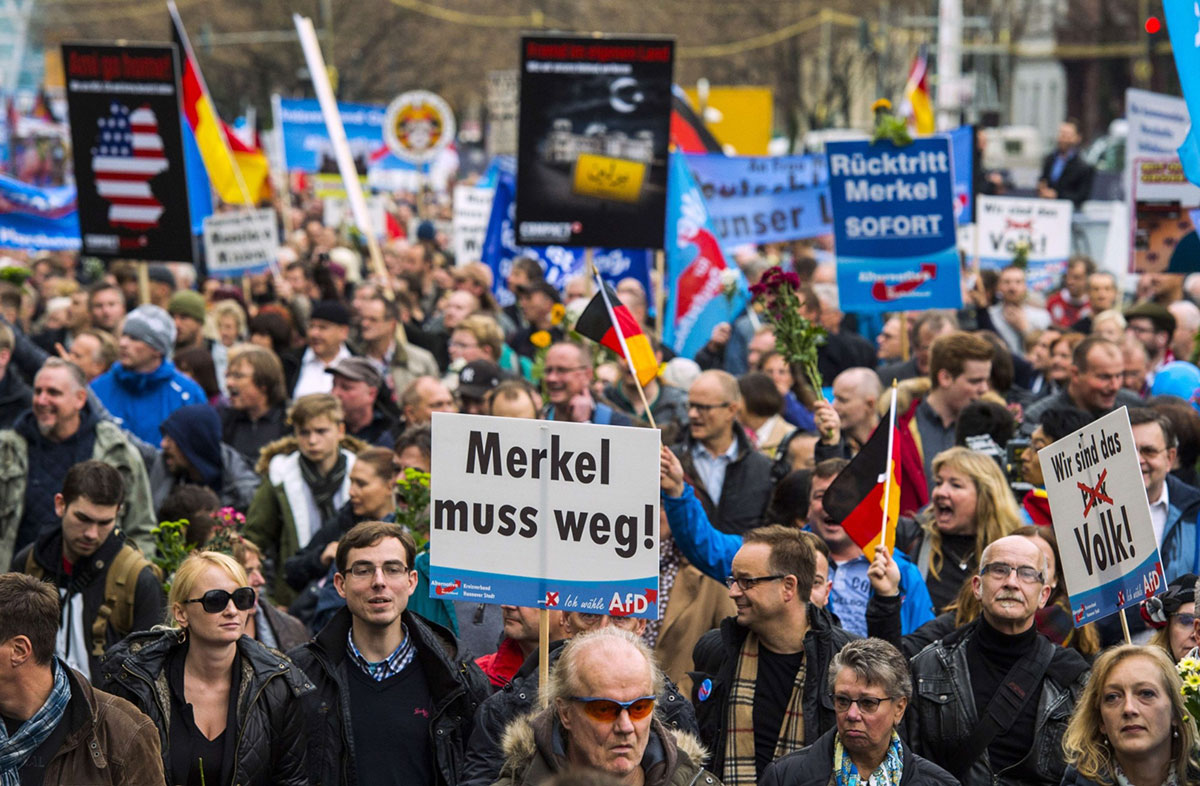


Germany has a multicultural society, rather than assimilationist (like in France). This means that different cultures live parallel to one another, rather than assimilating into traditional German norms. This is what is opposed by radical right-wing thinkers in Germany. In interviews with AfD supporters they have said that it is not the people that they oppose, it is widely understood that Germany is a nation of immigration and relies upon it for their economy. What is opposed is the clear differences in culture, especially when that is expressed visually (through clothing like the Burqa worn by Muslim women).
Over the past decade the rise of populist and right-wing ideas have become more prominent. I believe in Germany this is not an accurate representation of the majority of society, but is instead the result of mainstream politics becoming too central, causing people with right wing views, that otherwise may not be exceptionally radical perhaps, taking the side of radical groups in order to see the change. It is important that all sides of opinion in society are given a voice, however we must make sure that radical ideas that are in fact the minority do not overpower others.
Photos
Carsten Koall/ Getty Images / Emmanuele Contini/ Nurphoto(Getty)/ Action Press/ rex/ Shutterstock / Thomas Lohnes/ Getty Images / Ralph Orlowski/ Reuters/ Eden Pneitz/ Almany/ AFP
TAGS
Angela Merkel / Populism/ populist/ rightwing/ Germany / Alice Weidel/ AfP/ CDU/ CSU/ SPD/ Politics/ Eurosceptics/ Euro/ Eurozone/ EU

December 2020














